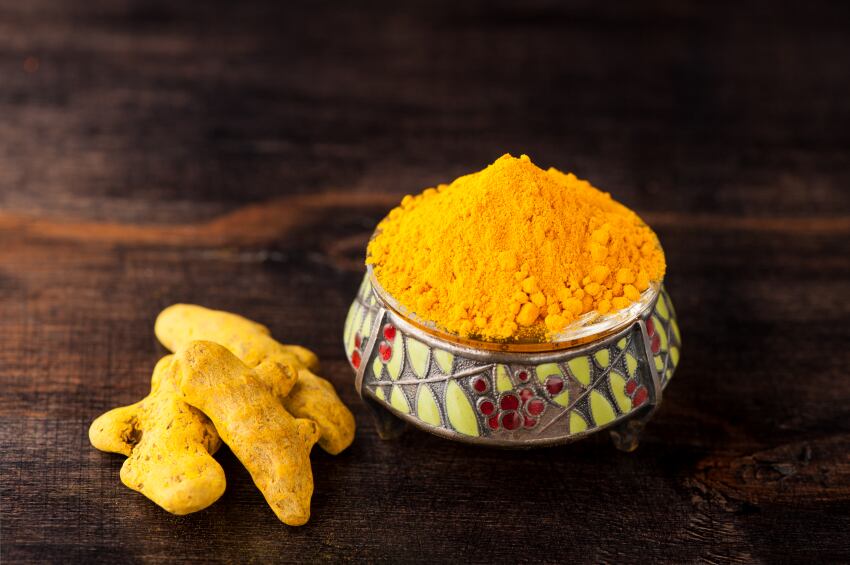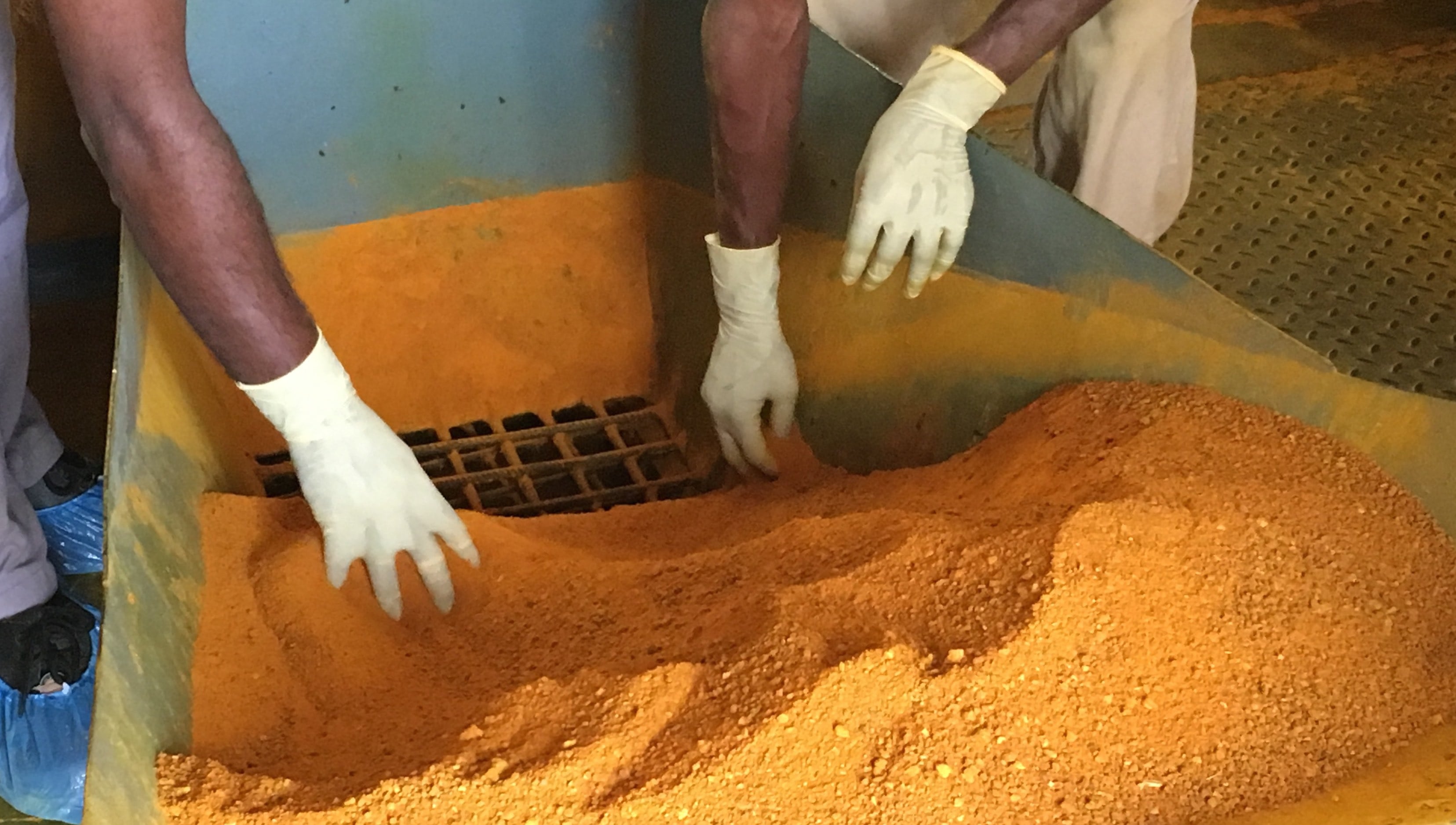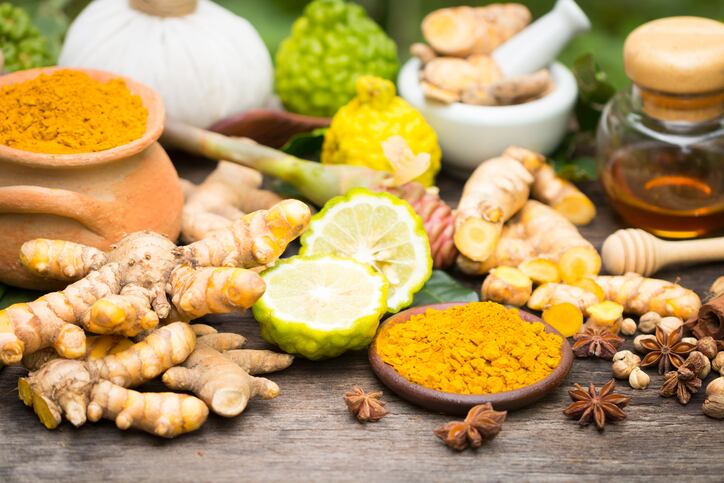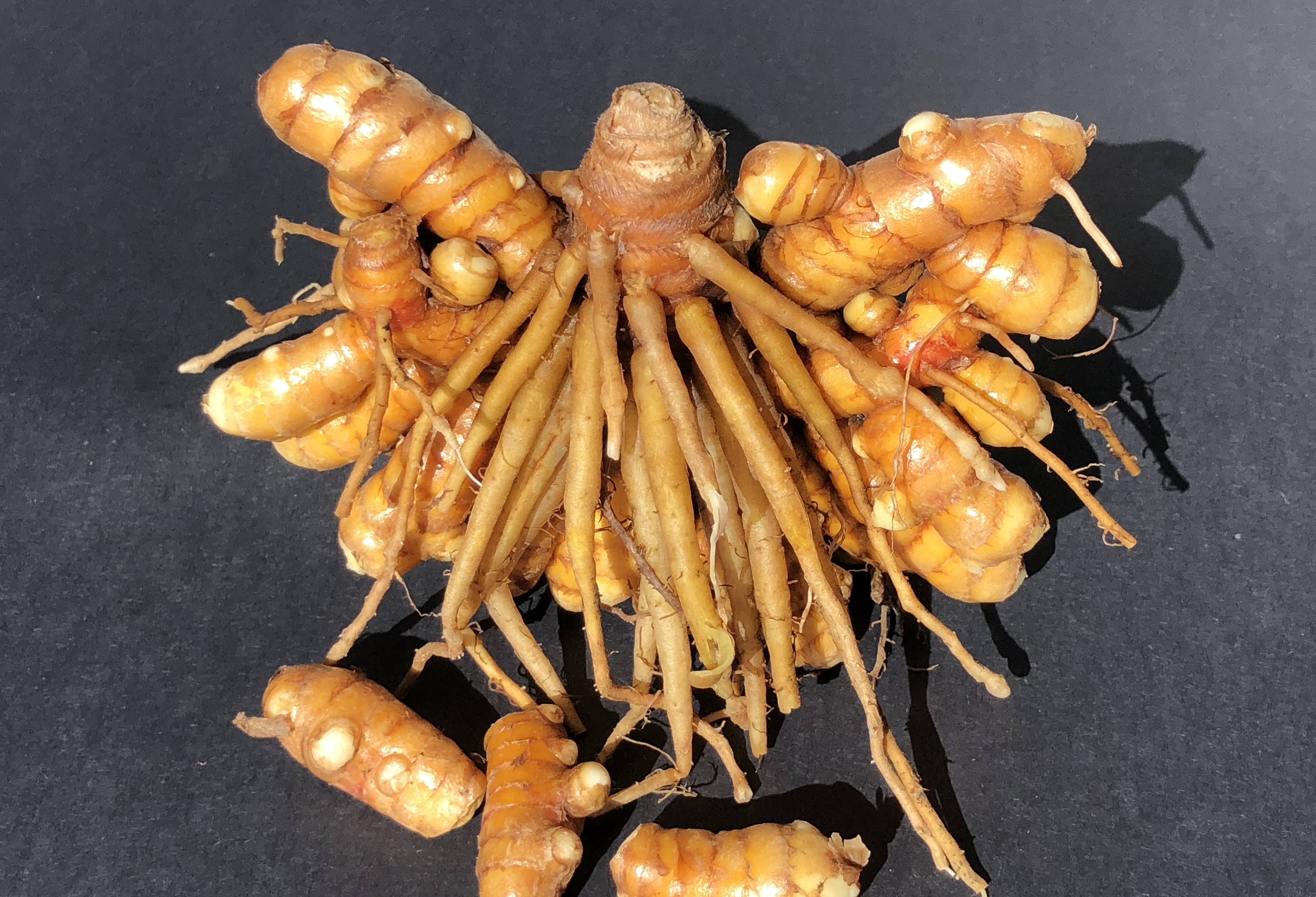Participants who ingested tablets containing active ingredients found in turmeric and black pepper (curcumin and piperine respectively), experienced an increase of bacterial diversity in their guts by 7%, while participants assigned the placebo experienced a decrease of 15%.
The pilot study adds to the nascent yet growing body of literature documenting how bacteria in the human gut interacts with ingested chemical compounds, and how that interaction may affect an individual’s health.
“Insufficient data exist on the effects of curcumin and turmeric on the gut microbiota and such studies in humans are lacking,” the authors, affiliated with several colleges in the University of California system, wrote in the study published last month in the Journal of Evidence-Based Integrative Medicine.
But several animal studies have been conducted, they added, suggesting that herbal ingredients like black pepper and turmeric, which have been used for Millennia in South Asia as part of the Ayurveda medicine system, may affect gut microbial diversity.
Departmental funding from the Department of Dermatology at UC Davis, as well as a fellowship grant from the Chopra Foundation funded the study (Deepak Chopra, founder of the Chopra Foundation, was a co-author).
Sabinsa Corporation, a global ingredient manufacturer and supplier, provided the ingredients used in this study: Standardized curcumin in the form of its branded Curcumin C3 Complex, as well as its branded BioPerine, a black pepper extract.
Prebiotic-like effect
The researchers described turmerics effects on gut microbiota composition as a ‘prebiotic-like’ effect. It’s not quite a prebiotic, they argued, because “curcumin cannot serve as a direct energy source for commensal microbiota and thus does not fully meet the definition of prebiotic.”
Instead, they postulated that the prebiotic-like effect came from indirect effects based on alterations in host physiology, such as a change in barrier function through selective survival of local bacteria or other microorganisms.
“Our results make clear that further study in larger cohorts is required to fully understand the effects of curcumin and turmeric on the gut microbiota and how those effects contribute to the known health benefits of these herbal medicines,” they added.
Study details
Thirty participants participated in the study, but only 14 completed it from beginning to end. From the initial number of participants, researchers randomized 10 to the placebo group, 10 to the turmeric group, and 10 to the curcumin group.
The difference between the turmeric and curcumin group was that the latter were given tablets containing a standardized form of curcumin extracted from turmeric.
Changes in the gut microbiota were determined by 16s rDNA sequencing of stool samples. Participants received 180 tablets at the baseline visit (week one) and another 180 tablets at the second visit (week four). Participants visited the lab at screening, baseline, week four, and week eight.
A total of three participants from the placebo group, five participants from the curcumin group, and six participants from the turmeric group provided stool samples for analysis, thus only 14 participants completed the study.
“This pilot study in healthy subjects has potentially raised more intriguing questions than it has fully answered and emphasizes the complexity of human intervention studies intending to study the effects of these potentially powerful herbal medicines,” the authors wrote.
“Future studies that include a larger human cohort will clarify whether the “responsive” microbiota we identify here are representative and whether less prevalent response signatures in our data may be clearly defined with additional participants.”
Source: Journal of Evidence-Based Integrative Medicine
Published online, https://doi.org/10.1177/2515690X18790725
Effects of Turmeric and Curcumin Dietary Supplementation on Human Gut Microbiota: A Double-Blind, Randomized, Placebo-Controlled Pilot Study
Authors: Christine T. Peterson, et al.




